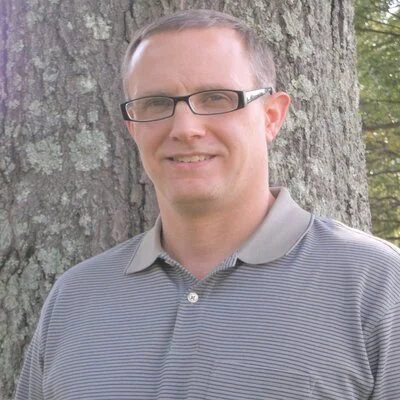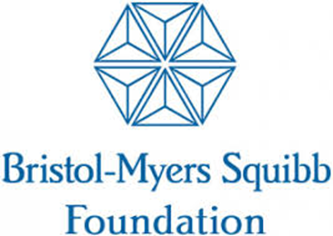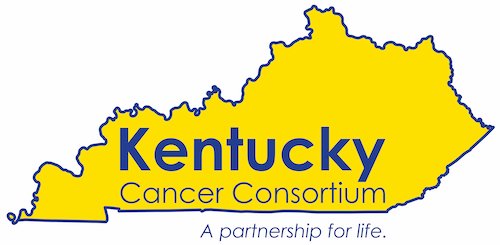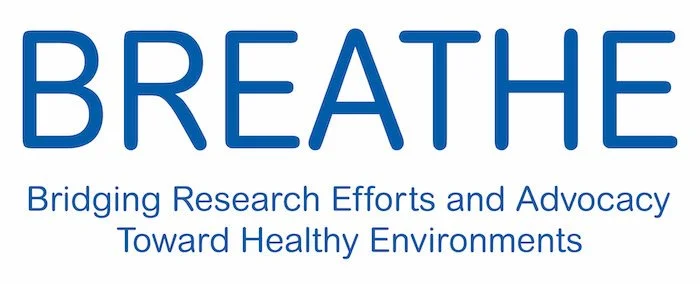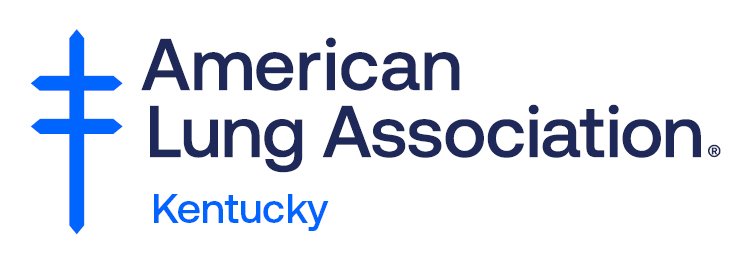The ability to reduce one’s risk for radon exposure and its serious negative effects on health is a health equity issue. Without strong and comprehensive disclosure, testing, and mitigation policies, at-risk individuals with less agency to address exposure—people with fewer financial resources to dedicate towards mitigation, people in areas with less access to testing and mitigation resources, children in schools and people in residential facilities, for example—are left behind in critical initiatives to prevent lung cancer. A new report from the Center for Health Law & Policy Innovation at Harvard Law School assesses gaps across the country in radon law and policy and identifies best practices that can help achieve equitable protection from radon exposure for all.
Join the Kentucky Cancer Consortium, the Center for Health Law & Policy Innovation, and Kentucky’s foremost experts on radon and public health for a discussion on leveraging radon policy to promote health equity. Presenters and panelists will discuss:
How to identify and amplify equity issues in health policy
Characteristics of model policies for radon disclosure, testing, and mitigation
The current landscape of Kentucky radon policy, with a focus on how lack of regulation leads to a disproportionate risk of radon exposure in certain communities
Opportunities to strengthen equitable policy and address health disparities
This work is made possible with the generous support of the Kentucky Cancer Consortium and the Bristol Myers Squibb Foundation, as well as the forum co-sponsors: Kentucky Association of Radon Professionals (KARP), UK-CARES, BREATHE, and the American Lung Association.

